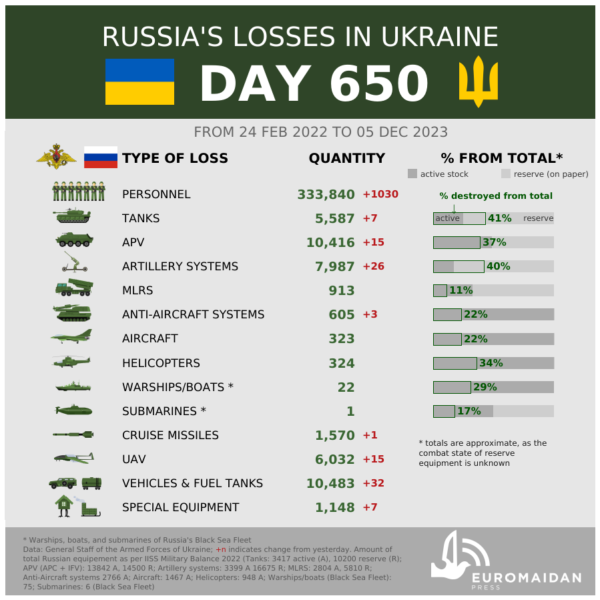Wife of jailed Russian dissident says Navalny was 'murdered' in cold blood: Putin thinks he's 'untouchable'
Evgenia Kara-Murza discusses the death of Putin critic Alexei Navalny and why her husband Vladimir was sentenced to 25 years in prison.

Evgenia Kara-Murza, the wife of imprisoned Russian opposition leader Vladimir Kara-Murza, said Saturday that no matter what is officially written as the cause of death for Alexei Navalny, it was a "murder."
Russia’s Federal Penitentiary Service (FSIN) announced the death of Navalny, 47, on Friday, claiming the Putin critic was feeling unwell after a walk at the IK-3 penal colony in Kharp and lost consciousness.
FSIN said in a statement that medical personnel arrived, and an ambulance was called.
"All necessary resuscitation procedures have been carried out without any positive results. The ambulance crew pronounced the convict dead. The cause of death is being established," the statement said, according to Russian state news agency TASS.
INTERNATIONAL CRIMINAL COURT ISSUES PUTIN ARREST WARRANT OVER CHILD DEPORTATIONS FROM UKRAINE
Ivan Zhdanov, the director of Navalny’s Anti-Corruption Foundation, said Navalny’s mother Lyudmila was informed Saturday by prison authorities when she arrived at the "Polar Wolf" penal colony that her son died due to "sudden death syndrome."
"Vladimir Putin murdered Alexei Navalny in cold blood because Vladimir Putin is someone who, after almost a quarter of a century of impunity, ended up believing himself to be somehow untouchable," Kara-Murza said on "Fox News Live." "So for as long as he's sitting in the Kremlin unchecked, we will see more war mourning, more repression, and more deaths of his political opponents."
Kara-Murza’s husband Vladimir was sentenced to 25 years in prison last April for publicly speaking out against the war in Ukraine.
The Moscow City Court claimed Kara-Murza was guilty of "high treason" for "disseminating knowingly false information about the Russian Armed Forces" when he delivered a speech to the Arizona House of Representatives in 2022 that criticized Russia’s invasion of Ukraine.
The court also said he was "carrying out [the] activities of an undesirable organization," according to Amnesty International.
Evgenia said her husband was given a 25-year sentence because he publicly talked about repression in Russia, the need for the Russian population to have access to independent and objective media and the aggression from the Putin regime.
"These speeches were seen by the Russian authorities as representing a threat to the national security of the Russian Federation and damaging the image of the Russian Federation on the international stage. Today, my husband is held in a solitary cell and solitary confinement [in] the so-called special regime prison colony in Siberia. Special regime prison colony is the harshest grade in the Russian penitentiary system," she said.
ALEXEI NAVALNY SEEN GRINNING, LAUGHING IN COURTROOM VIDEO A DAY BEFORE HIS DEATH: VIDEO
"But my husband's case is very illustrative of the situation with human rights in Russia in general because even though by the scale of repression, we're not yet back in the Stalin-era by the length of imprisonment terms by sentences: 10, 15, 20, 25 years for saying no to the war and no to the regime. These are very much Stalin-like prison terms."
Kara-Murza was asked how she lives with the fear that she may get a call one day informing her of her husband’s death.
"I don't know what to say to that question. I don't know what to answer. I live from day to day. And I try to do my best to make sure that the voices of those people the regime is trying to silence in Russia are heard and that their stories are known because these people also represent Russia," she said.
"Alexei Navalny was the face of that Russia that we wanted to see. My husband is the face of that Russia and hundreds and thousands of Russian citizens who continue opposing the regime despite all the repressive methods used by the regime against these people," she continued. "These people are also Russia and I need their stories to be known."


